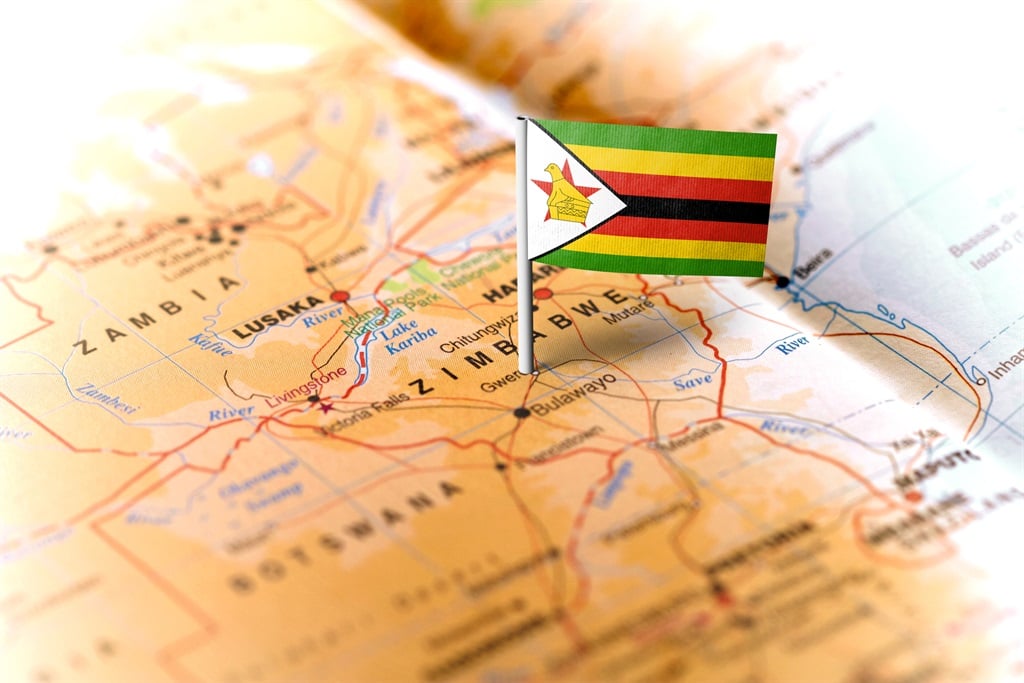
- For more financial news, go to the News24 Business front page.
Zimbabwe's new gold-backed currency started trading on Monday amid doubts that the country's third such re-launch in a decade will have any more success in ending repeated, crippling bouts of high inflation.
The Zimbabwe Gold (ZiG) was announced on Friday by the central bank with an initial rate of 13.56 to $1, replacing the Real Time Gross Settlement Dollar (RTGS), which had lost about 80% of its value this year and had been trading at 28,720 to $1 before the change.
Bank balances were transferred into the new currency over the weekend while their customers will have 21 days to do so, and the new banknotes will enter circulation at the end of this month, according to the Reserve Bank of Zimbabwe.
The RTGS, also known as the Zimdollar, was launched in 2019 after a decade of dollarisation, which included so-called bond coins and bond notes, notionally pegged to the U.S. dollar and introduced in 2014 and 2016 respectively.
However, the Zimdollar struggled to gain trust and this year's precipitous slide pushed annual inflation above 55% in March, raising fears of a return to the 2007-2009 era of hyperinflation under former president Robert Mugabe.
"There was dire need for drastic change in the Zimbabwean monetary system," Jacques Nel at research firm Oxford Economics said in a note to clients.
The central bank statement on Friday correctly identified the most pressing problems, said Nel. "A lack of credibility in both the domestic currency and the framework that governed it - but it is that same lack of credibility that casts doubt over the effectiveness of these new measures," he added.
Commercial banks were using the new official exchange rate on Monday, according to Reuters enquiries. It was not immediately clear whether the currency, which the central bank described as "structured" and "anchored by a composite basket of foreign currency and precious metals (mainly gold) held as reserves", would be able to retain this value.
Nor was it given that companies and citizens would accept it as a form of payment and a store of value. Some 80% to 85% of transactions are currently carried out in foreign currencies, according to the central bank.
"Zimbabwe has an insufficient $285 million of hard currency and gold reserves," Hasnain Malaik of research firm Tellimer said in a note. "To fix the economy, Zimbabwe needs to address these root causes of its problems."
These problems include central bank funding of government, unsustainable fiscal deficits, debt arrears and Western sanctions, and Malaik said it was not clear whether any would be addressed under the current ruling ZANU-PF party.




 Publications
Publications
 Partners
Partners












